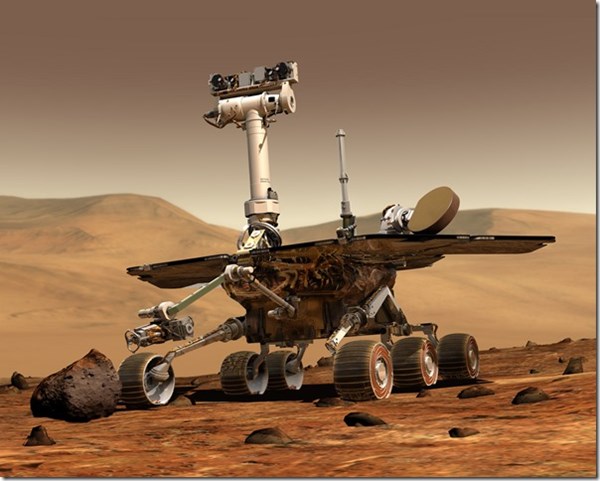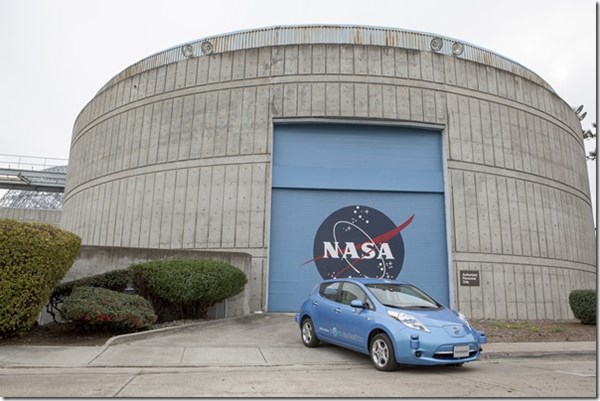Nissan, NASA and Mars
The NASA Mars Rover Opportunity landed on Mars January 25, 2004.
#electronics
The NASA Mars Rover Opportunity landed on Mars January 25, 2004. It was expected to have a three-month mission, rolling around on the Red Planet.
And it is still going.

NASA Image
Its twin, the Spirit, landed on Mars on January 3, 2004. Its last communication with Earth was on March 22, 2010.
Again, somewhat greater longevity than three months.
Clearly, NASA knows more than a little something about autonomous vehicles.
So it isn’t entirely surprising that Nissan North America and NASA are undertaking a five-year R&D partnership focused on autonomous vehicles.
Nissan researchers from its Silicon Valley Research Center will work with those at NASA’s Ames Research Center at Moffett Field, CA (which is essentially in Silicon Valley).

Among the areas of focus are autonomous drive systems, human-machine interfaces, network-enabled applications, and software analysis and verification.
They’re also looking at remote operation of autonomous vehicles, and expect to have the first vehicle ready for testing by the end of 2015.
Given that the distance between Earth and Mars is 186.8-million miles, chances are good they’re going to have this terrestrial project nailed.
RELATED CONTENT
-
On Ford Maverick, Toyota Tundra Hybrid, and GM's Factory Footprint
GM is transforming its approach to the auto market—and its factories. Ford builds a small truck for the urban market. Toyota builds a full-size pickup and uses a hybrid instead of a diesel. And Faurecia thinks that hydrogen is where the industry is going.
-
Report Predicts Limited Impact of Autonomous Tech on Professional Drivers
A new study says autonomous vehicles will displace some taxi drivers but have only a modest impact on the number of truck driver jobs over the next 10 years.
-
Rage Against the Machine
There have been more than 20 reported attacks against Waymo’s self-driving fleet in Chandler, Ariz., since the company began testing the technology on public roads there two years ago.


.jpg;width=70;height=70;mode=crop)






